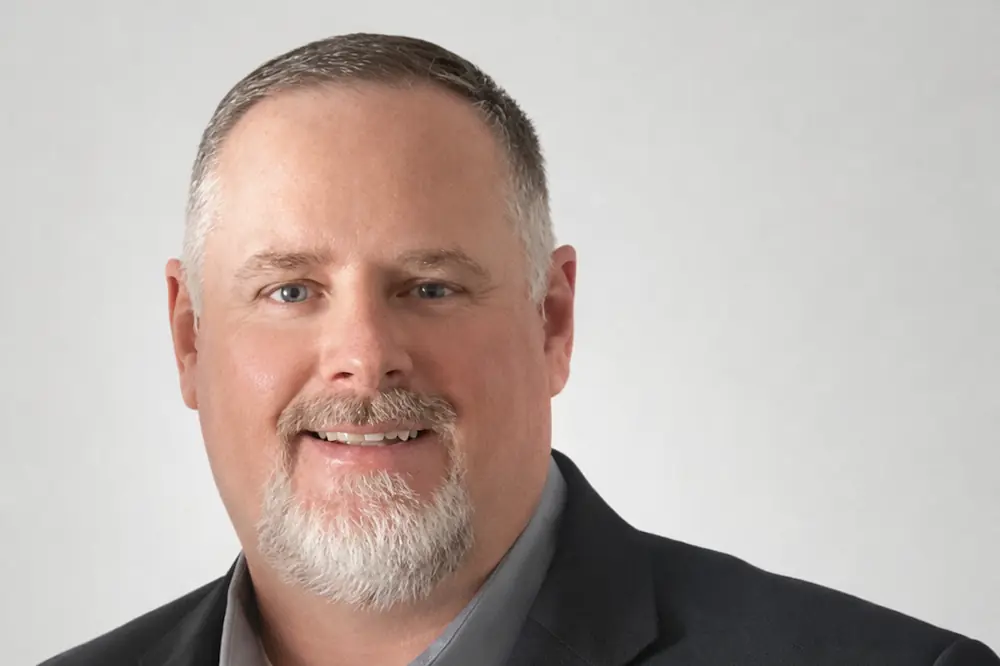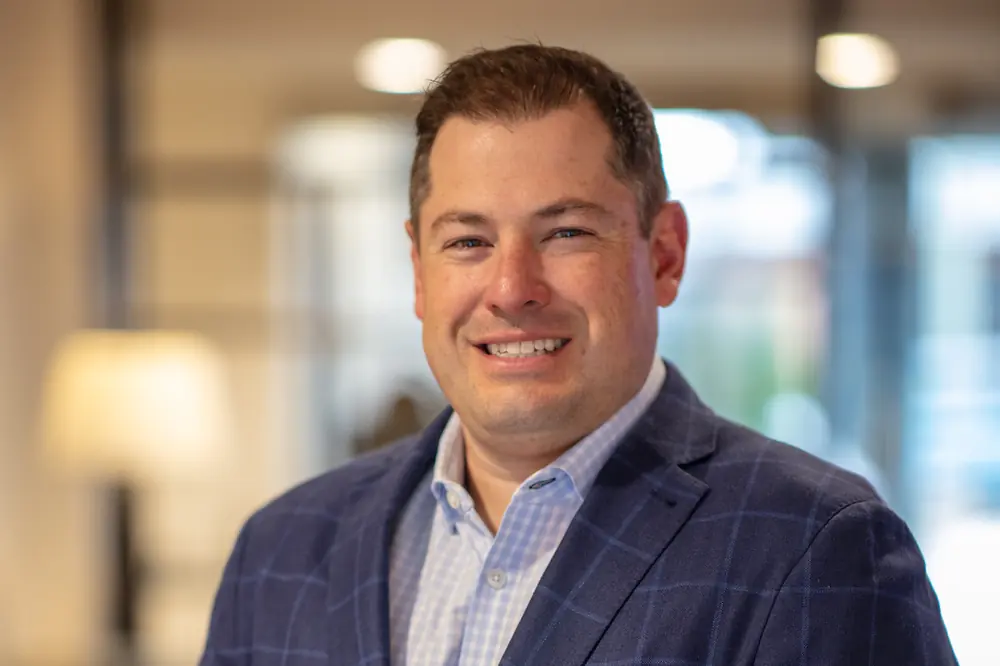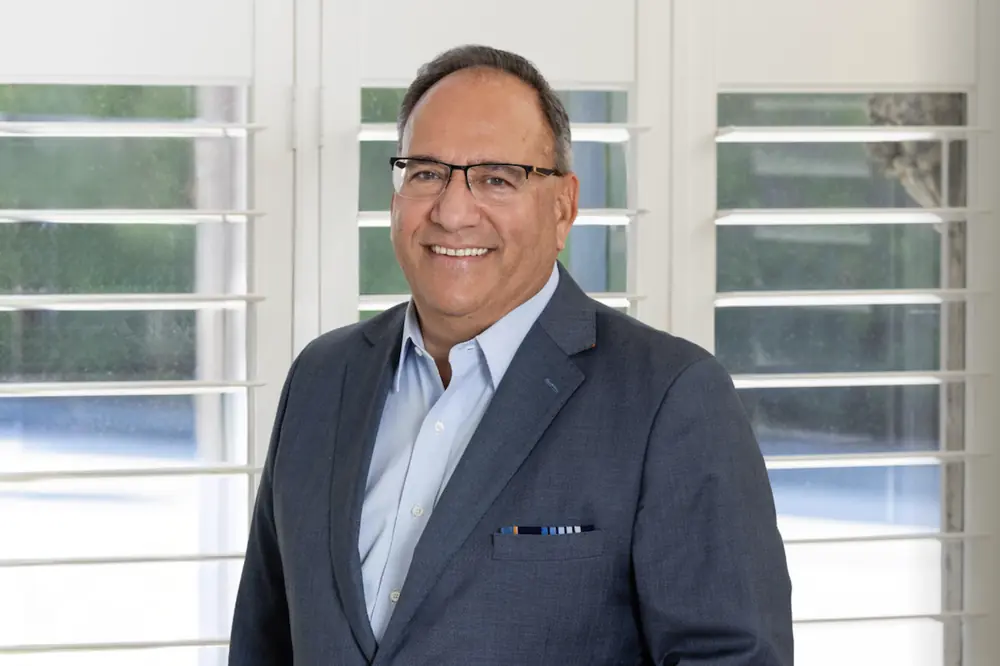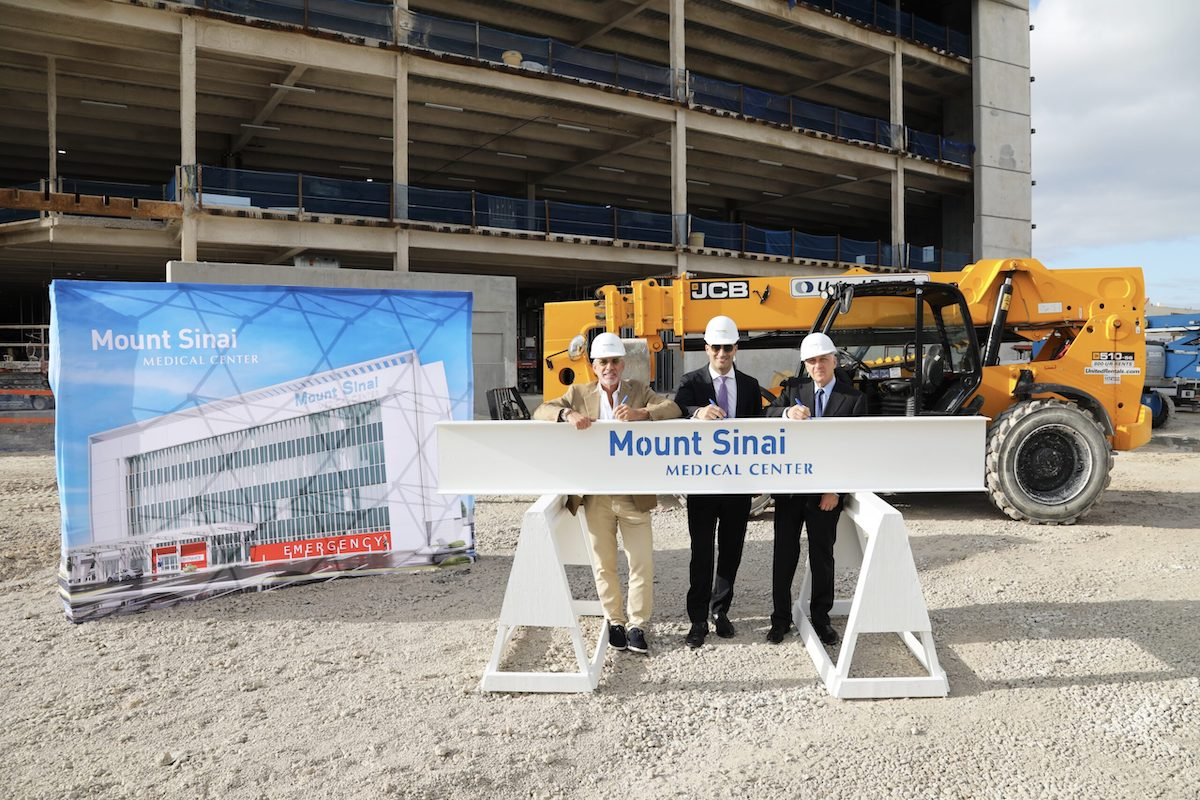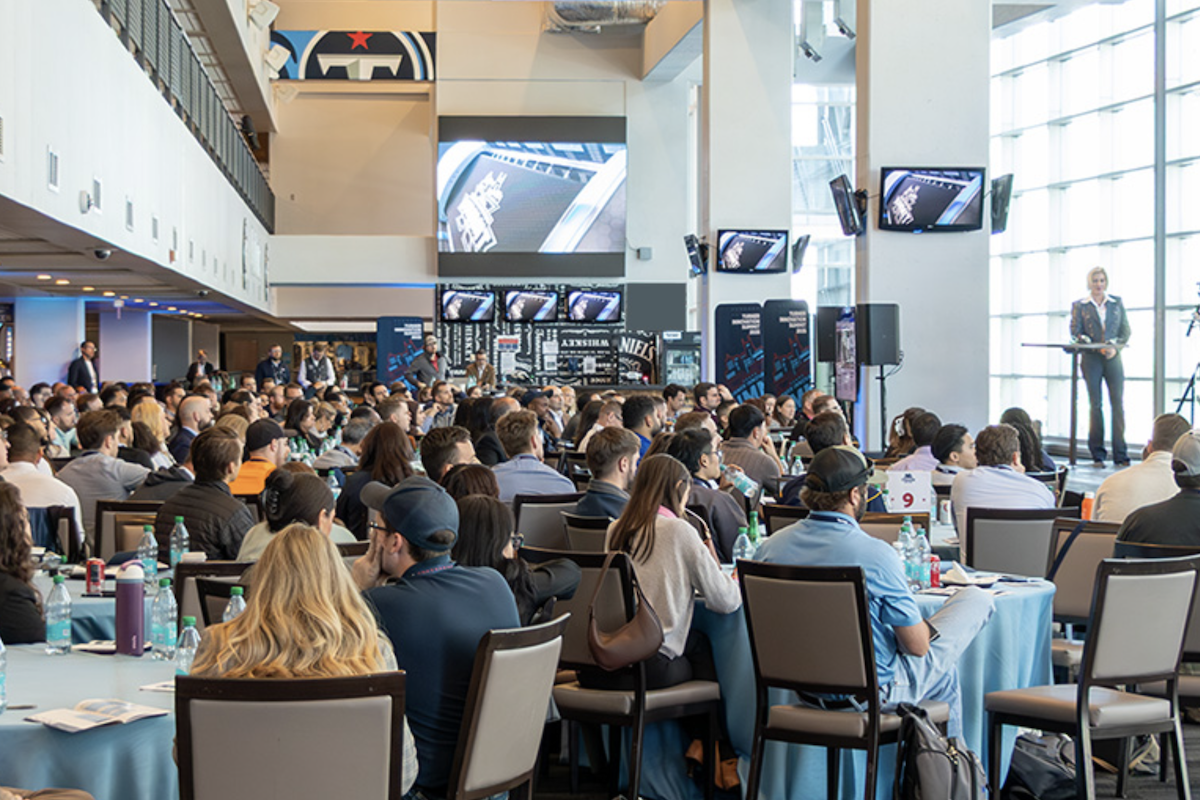"Our hearts are heavy today," said Gresham Smith CEO Rodney Chester. "Our firm, our profession, and our communities have lost a leader who inspired and impacted so many. His long-term influence is nearly impossible to measure, not just because he was one of our founders, but because his dedication, values, and genuine love for both employees and clients truly defined our culture and what we stand for as a firm. We all owe Batey and his wife, Ann, a debt of gratitude for a lifetime of service."
Gresham received his Bachelor of Architecture from Auburn University in 1957. He served in the U.S. Army Corps of Engineers as First Lieutenant from 1957-1959, and as a Captain from 1961-1962.
Batey Gresham, along with Fleming ("Flem") W. Smith Jr., FAIA, founded Gresham and Smith Architects (now Gresham Smith) in 1967. One of the firm's first clients was the newly formed Hospital Corporation of America (HCA).
"While most architects were solo practitioners in the mid-1960s, we chose an alternate path," said Cofounder Flem Smith. "We were soon bringing people into our organization who had skillsets and talents that we didn't have so we could serve a wider range of clients. Batey excelled in this search."

| Your local Wirtgen America dealer |
|---|
| Beard Equipment Co - AL |
| Tractor & Equipment |
Former Gresham Smith CEO James Bearden, who joined the firm in 1976 as one of its first 100 employees, recalls joining in the midst of a recession.
"I soon learned that Batey had no intention of letting a slow economy hold him back," Bearden said. "He forged relationships on behalf of the firm that continue to benefit us to this day. His legacy lies not only in his love of architecture and the built environment, but also in the investment he made in his employees. His leadership, mentorship, and friendship have been a blessing to me and my family, and he will be greatly missed."
Former Gresham Smith CEO and current board Chairman Al Pramuk recalls visiting Batey in his office for the first time as a young professional.
"What impressed me the most as I left our conversation was how kind and caring he was," Pramuk said. "This is something that is still present in Gresham Smith's culture. Batey will be missed by many, but no doubt it is how he treated others — making them feel like they had value — that will continue on through the many lives he touched."
Gresham was an active member of the Nashville and engineering professional communities. A Registered Architect in Alabama and Tennessee, he served in roles with several professional organizations, including the Middle Tennessee Chapter of the American Institute of Architects, the Tennessee Society of Architects, the Construction Specifications Institute, the Urban Land Institute, the National Association of Corporate Real Estate Executives, the National Association of Industrial Office Parks, the Young Presidents Organization, and the Chief Executives Organization.

| Your local Topcon Positioning Systems Inc dealer |
|---|
| Linder Industrial Machinery |
In 1999, demonstrating his dedication to his alma mater and the architecture profession at large, Gresham, along with his wife, Ann, also an Auburn University graduate, established the Ann and Batey Gresham Endowed Professorship. At the time, it was the first endowed professorship in the university's School of Architecture, Planning, and Landscape Architecture's 90-year history. He was an active member of the Auburn Alumni Association and, in 2005, was recognized by the association with the Lifetime Achievement Award, which was established to recognize outstanding professional achievement, personal integrity, and service to the university.
He also volunteered on the Board of Directors of the Alcohol & Drug Council of Middle Tennessee, writing in a 1999 commentary for the Nashville Business Journal, that volunteering on the board was "one way I can invest in the future of Nashville while participating in the solution to a problem that is hurting us today."
Gresham's commitment to employees formed the foundation of the firm's culture that endures to this day. "Human beings comprise the foundation of the future of any enterprise," Gresham once wrote.













